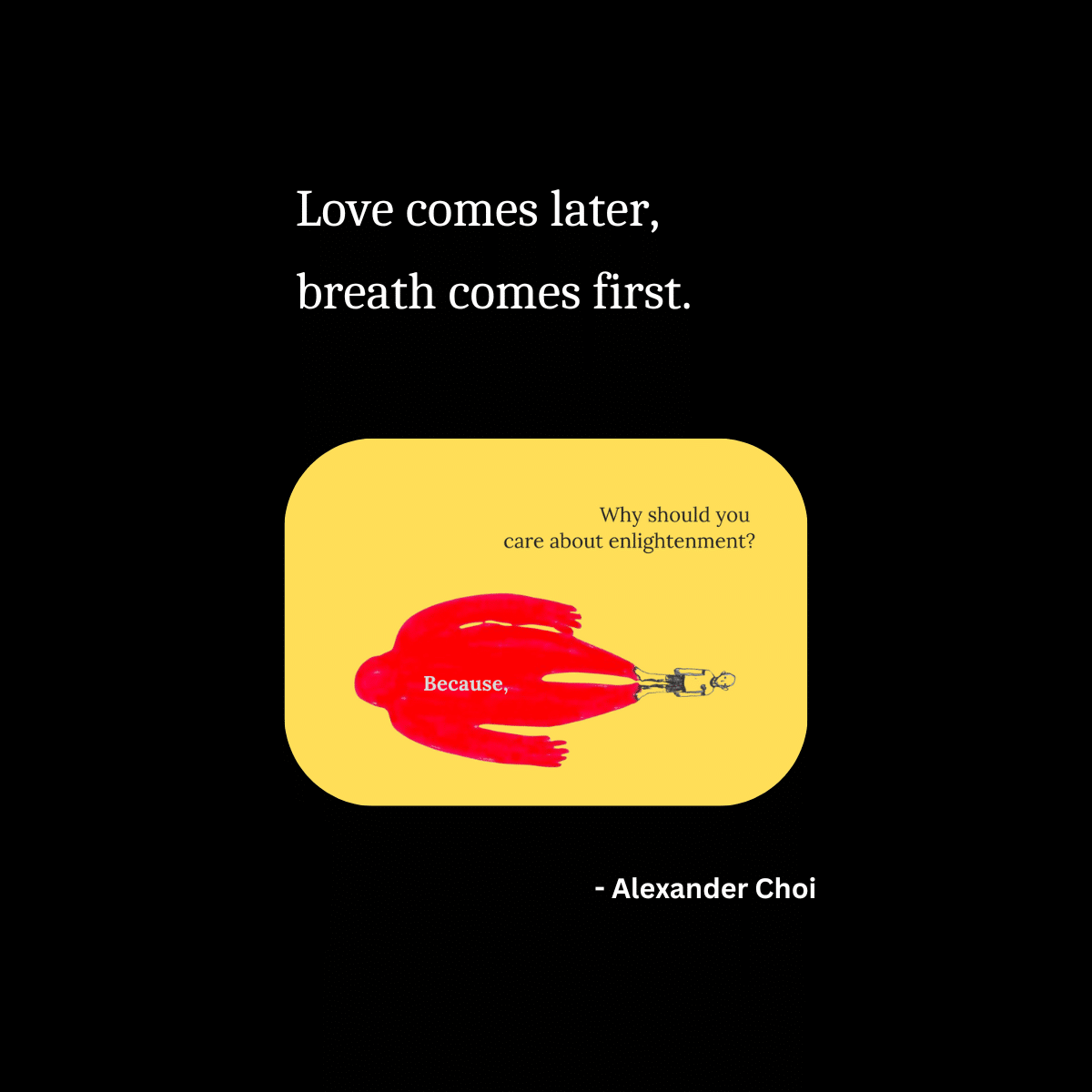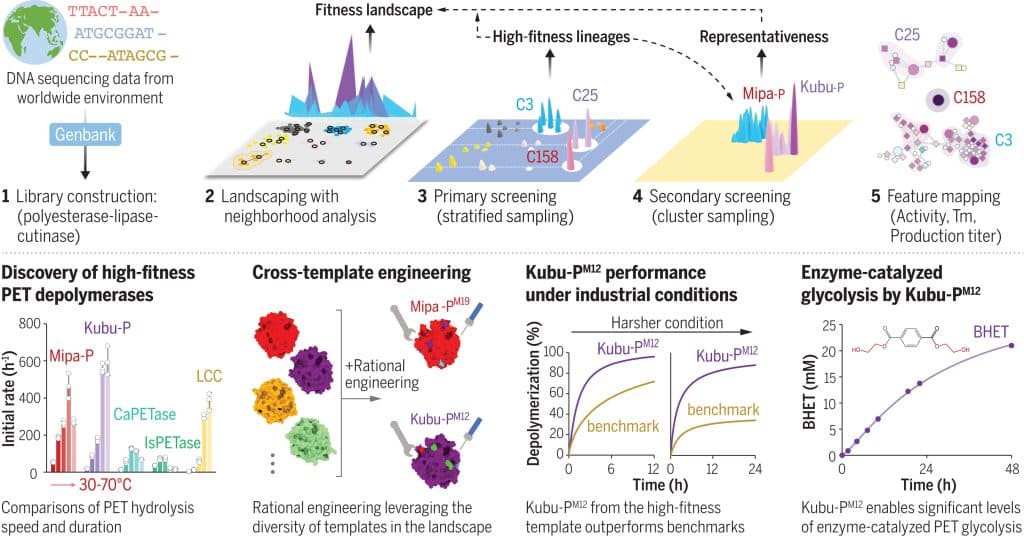Love comes later, breath comes first!
When we integrate meditation into the idea of “breath comes first, love comes later,” it deepens the understanding of how breath and love are intertwined through #HarmonyMeditation practices. Let’s explore that:
👉 #HarmonyMeditation as the Practice of Breath
Meditation, especially in its simplest forms, is primarily focused on the breath. In many meditation traditions—such as mindfulness, Zen, or Benevolence—the breath is the anchor that pulls you into the present moment. The act of focusing on your breath can be profoundly grounding, allowing you to let go of distractions and return to a state of pure awareness. It’s a direct way to be in touch with the present moment, which is often the first step in any spiritual or emotional awakening.
In meditation, you observe the flow of your breath—its rise and fall, the subtle pauses in between—without trying to control it or judge it. The more deeply you breathe, the more you enter a state of calm and clarity. By doing this regularly, you train your mind to be still and centered, creating the space for other experiences, like love, to emerge naturally.
👉 Breath as the Bridge to Love
#HarmonyMeditation quiets the inner chatter and brings attention to the body, specifically the breath, which is the life force/energy. As you breathe mindfully, your awareness shifts from the surface level of thoughts and worries to the deeper, subtler rhythms of life itself. In that space of stillness and presence, there’s room for love to blossom—not just as an emotion, but as an expansive, boundless #power.
When you meditate, you’re not “forcing” yourself to love; instead, you create a fertile environment for love to grow. Meditation softens the boundaries between yourself and the world around you.
👉 The #Harmony Between Mindfulness, Breath, and Love
Meditation creates a mindful awareness where the breath is the entry point into experiencing a more profound connection to yourself, others, and the world. Through this awareness, love begins to emerge—not in the sense of an overwhelming emotion or attachment, but as a natural outcome of being fully present and attuned to the interconnectedness of all things.
In a way, breath in meditation becomes the gateway to understanding and embodying love. As you breathe mindfully, you can experience a deeper sense of unity with your surroundings. You begin to see that love is not just something you “feel” but something you are—a state of being that radiates out when you’re grounded in the present.
👉 #HarmonyMeditation as the Practice of Patience
Meditation doesn’t rush; it unfolds naturally. You don’t force stillness, and you don’t force love. You simply practice being—being with your breath, being with your thoughts, being with your emotions. Through this practice, love arrives when it’s ready, when your heart has opened in its own time.
In a sense, meditation teaches you that both breath and love are states that don’t need to be chased—they simply need to be allowed. The breath is always available to you, anchoring you in the now. And love, like the breath, can become a constant, ever-present force in your life when you make space for it to emerge.
👉 #HarmonyMeditation as an Ongoing Process
Meditation isn’t just a practice you do for 10 minutes a day—it’s a way of living. As you bring this awareness into your daily life, you may notice that love becomes more spontaneous and natural. It may manifest as greater empathy, kindness, and a sense of deep connection with others, all stemming from your capacity to be fully present in each breath.
So, to tie it all together: “Breath comes first” in meditation because it’s the doorway to presence, mindfulness, and stillness. Love comes later, but only because it naturally arises as the result of being deeply present with your breath—and with life itself. #HarmonyMeditation is the practice that helps you stay in touch with that presence, where love can grow effortlessly, like a seed planted in fertile soil.

















